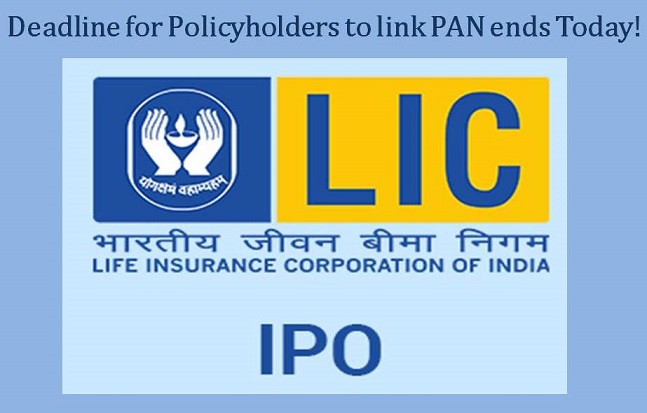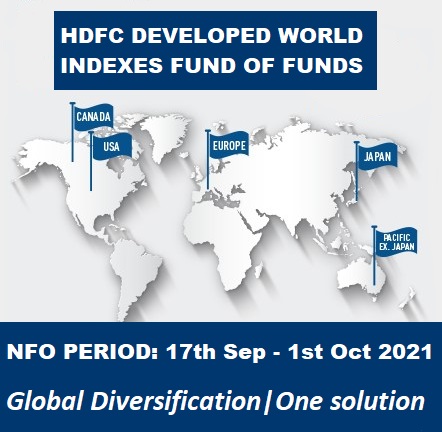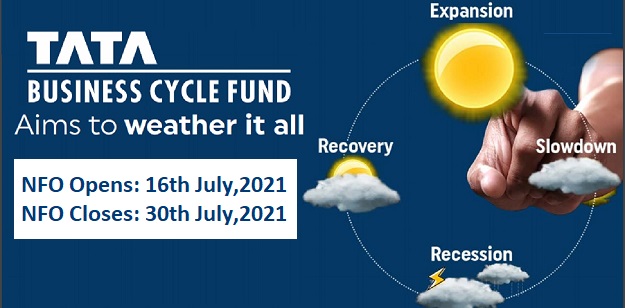
Multiple Benefits of Investing in Fixed Deposit
Updated on 05-05-2022
Fixed deposits are one of the most common and popular investment options that are available to many investors. It is especially preferred by the older generation. Today there are multiple investment options available in the national as well as international market. However, for many investors, the investment portfolio is still incomplete without the inclusion of fixed deposits.
There are multiple reasons for favoring the traditional fixed deposits over dynamic investment options like mutual funds, equities, ETFs, etc.
Benefits of investing in Fixed Deposit
Fixed deposits offer various benefits to the investors that make them an attractive option despite the lower returns in comparison to the dynamic investment options.
Low-risk investment: The prime benefit offered by fixed deposits in comparison to modern investment options like equities and mutual funds is the low risk of the investment. Fixed deposits are considered to be among the safest investment options like Government Bonds. Investors have to make a lump sum investment to start a fixed deposit and can opt for multiple FDs of varying tenures.
Backing of Deposit Insurance: The savings of an investor in banks are backed by the insurance up to Rs. 5, 00,000. This implies that if a bank is unable to return the savings of the investor, the investor is assured of their savings to the tune of Rs. 5, 00,000 by DICGC.(DICGC is Deposit Insurance and Credit Guarantee Corporation, a 100% subsidiary of the RBI). The insurance was earlier up to Rs. 1, 00,000 but was increased up to Rs. 5, 00,000 post an amendment in the budget of February 2020. This insurance is applicable on fixed deposits too. The investor is eligible to get cover for the entire amount of the FD up to Rs. 5, 00,000.
Assured and guaranteed returns: The returns on fixed deposits are free from any market volatility. These returns are fixed in nature. The rate of interest is determined by the bank and is higher than the savings bank account. The bank is obliged to honor the interest payment on the fixed deposits at fixed intervals. This provides investors with the benefit of assured and guaranteed returns which is not the case in equity or mutual fund investments.
Easy access to FDs: With the increase in banking technology, gone are the days when the investors had to personally go to the banks to start an FD or renew it. It can easily be done now through internet banking or mobile banking at the convenience of the investor.
Tax benefits: Tax deductions are another benefit of fixed deposits. Investors can get a tax deduction of up to Rs. 1, 50,000 under Section 80C as part of the multiple investments that are eligible under this section. It is to be noted that these tax-saving FDs come with a lock-in period of 5 years. Premature withdrawal is not allowed unless there is a special case like untimely demise.
A relatively liquid form of investment: Many investors have a misconception that the FDs are not liquid investments and investors cannot withdraw the investment until maturity. While tax saving FDs do have a lock-in period, investors can withdraw their FD at any point in time. However, such premature withdrawal is subject to penalties depending on the guidelines of the banks.
Availability of Loan facility: Investment in Fixed deposits also provides the investors with the option to avail a loan against it from the banks. Such loans can be available without any additional eligibility requirements or documentation. The amount of loan that can be sanctioned against the FDs can be up to 85% to 90% of the value of the FD depending on the guidelines of the bank.
A higher interest rate for senior citizens: Fixed deposits are a traditionally favored investment option for senior citizens. Along with the benefits mentioned above, the additional benefit of investment in FDs is the increased rate of interest for senior citizens. This additional interest rate is anywhere in between 0.25% to 0.65% depending on the guidelines of the bank.
The flexibility of interest payment: There are two types of fixed deposits that are available for investors to invest in, namely, cumulative and non-cumulative. Under the cumulative option, the interest on fixed deposits is cumulated and is eligible for earning further interest. The total interest on the fixed deposits is paid to the investor at the time of maturity. Under non-cumulative fixed deposits, the interest is paid at regular intervals. The investor can choose these intervals to be a monthly payout, quarterly payout, half-yearly payout, or yearly payout.
Reasons of preference for FDs over Mutual funds
Mutual funds have increasingly provided higher returns to investors over the decades. However, these returns are volatile and cannot always be positive. This is one of the main reasons that conservative investors prefer fixed deposits over equities or mutual funds. The risk of investment in mutual funds is significantly higher than that in fixed deposits that’s why many investors stay away from such dynamic investments even though they may provide higher returns.
The returns on mutual funds are subject to market conditions. Also, the fund or the asset may provide returns higher than the market or lower depending on various factors. On the other hand, fixed deposit investment has a fixed interest rate and payment tenure. As the returns are fixed, investors do not have to worry about the viability of the investment.
Fixed deposits provide safety for the principal amount of deposit as well as the interest amount. This benefit is not provided in mutual funds. Investors could potentially lose their entire investment if the market turns unfavorable or if their portfolio is not diversified enough.
Conclusion
Thus, multiple benefits of Fixed Deposit make it a preferred investment option for the majority of the population in India and part of their investment portfolio. Make Fixed Deposit a part of your investment portfolio too!
You can also use GIIS Financial tools or Our Android App for Investment, tracking and Asset allocation planning.
*Mutual Fund Investments are subject to market risk, read all scheme related documents carefully.
Share On



















0
Comment